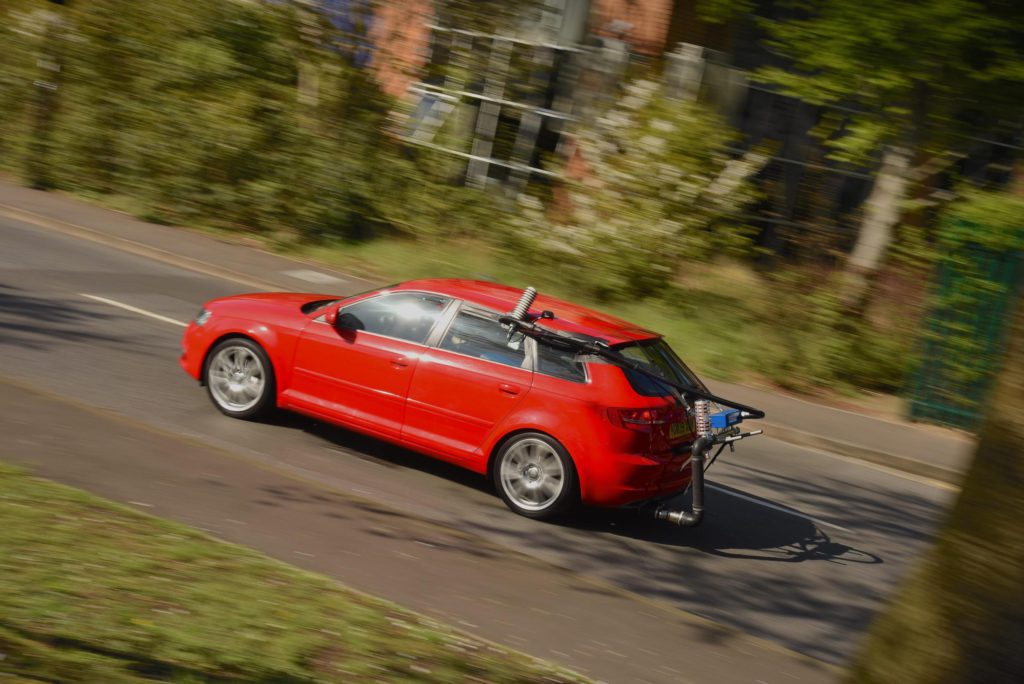ACEA highlights the low real driving emissions of the latest diesel cars
07 June 2018

07 June 2018
ACEA has reiterated that the latest Euro 6d diesel cars emit low pollutant emissions on the road under the new Real Driving Emissions (RDE) test, which came into force in September 2017.
Under RDE, a car is driven on public roads over a wide range of conditions using portable measuring equipment. RDE complements the lab test, WLTP, to ensure that pollutant emission levels measured during the laboratory test are confirmed on the road.
This statement has largely been released to dispute claims made in a new study which involved the ICCT, FIA Foundation, Global NCAP, Transport & Environment (T&E) and C40 cities.
′The claims from the new ′TRUE’ study are misleading for consumers,’ stated Erik Jonnaert, Secretary General of the European Automobile Manufacturers’ Association (ACEA). ′EU policy makers will be equally disappointed that there is no acknowledgement that the latest Euro 6 diesel cars complying with the new RDE legislation are very clean.’
The claims made in this study are based on ′remote sensing’ results collected between 2011 and 2017. They therefore do not evaluate the on-road performance of the latest diesel vehicles approved to the Euro 6d standard since September 2017.
The study claims to cover 90% of EU-registered cars by having scanned 4,850 vehicle models. However, ACEA asserts that while remote sensing is a promising technology, the ranking of vehicles based on several scans of less than one second in duration can only give a snapshot of a car’s emissions performance. In this respect, ACEA adds these results should be considered only in relation to other on-road measurement techniques.
Jonnaert commented: ′As all cars tested as part of this ′TRUE’ initiative were pre-Euro 6d vehicles, the fact that they do not meet emissions requirements that only became mandatory after they were put on the market is not surprising.’
ACEA reiterated that the automobile industry has invested heavily to achieve significant improvements in emissions from RDE-compliant Euro 6 vehicles. The association also highlighted that a recent study conducted by the German motoring organisation ADAC has shown that new diesel cars effectively deliver very low pollutant emissions not only in the laboratory, but also on the road.
Research by FuelsEurope and the Association for Emissions Control by Catalyst (AECC) also shows that the latest generation of diesel vehicles will continue to play a major role in helping reach future CO2 targets. Likewise, these vehicles will also have a positive impact on improving air quality, along with other local measures, in areas where exceedance of NO2 remains a concern.
Rising CO2 emissions across Europe are a major issue as defection of consumers from diesel is predominantly to petrol cars and the penetration of hybrid and electric cars, albeit growing rapidly, remains low. It remains to be seen whether European policy makers will also recognise these new cleaner diesels and amend legislation but Autovista Group maintains that diesel will continue to play a key role in the European automotive landscape – at least in the short to medium term.